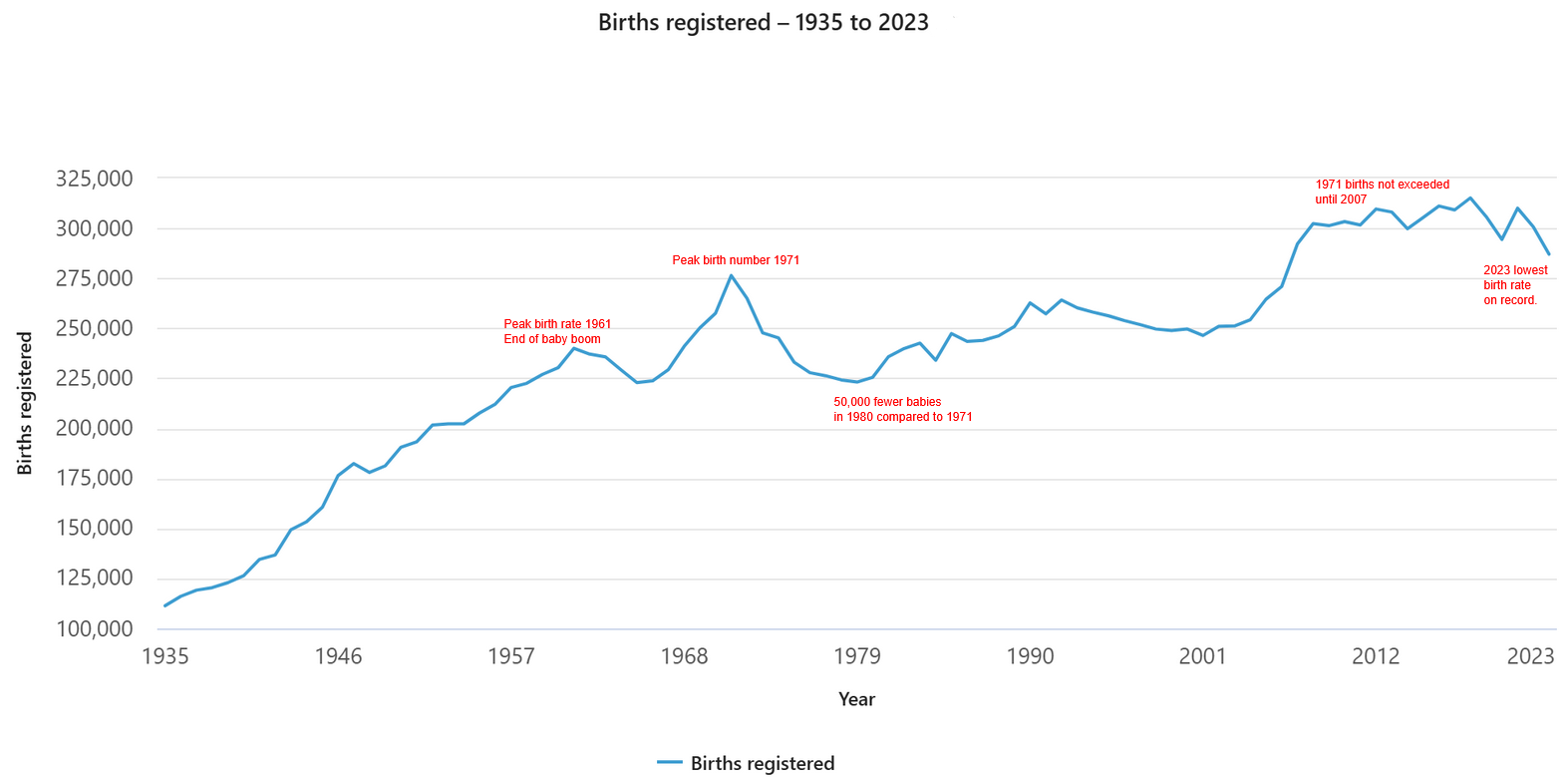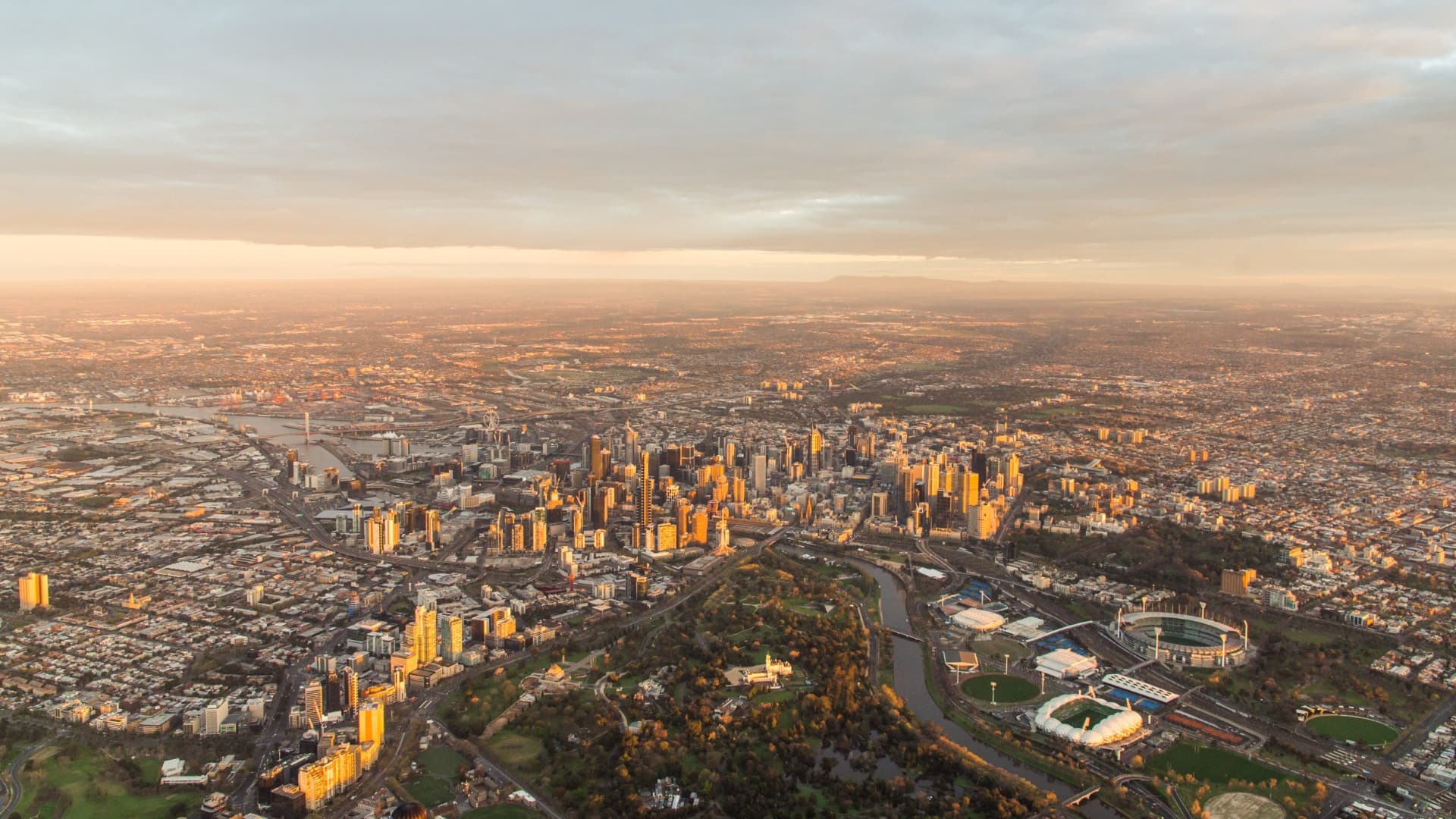Recently, I did some analysis on what would constitute Australia’s most typical town. While there are many ways you could define this, and it was by no means definitive, I came up with 6 parameters and picked the one that varied the least from the Autralian average. This ended up being Hahndorf in South Australia. That got me thinking – the majority of Australians live in the capital cities, and were excluded from this comparison. How about we look at what is Australia’s most typical suburb – within the state and territory capitals?

The challenge of defining Australia’s most typical suburb is a bit daunting. Our suburbs are very diverse places, all built at different times, of vastly different population sizes, character and distance from the city. I’ve come up with some similar characteristics to the towns, to have a look at, but with a key difference. These are compared to the capital city averages. For this exercise, I’m also excluding suburbs of non-capital city centres (eg. Geelong, Gold Coast).
- Population – not as important as for towns, since suburbs are usually contiguous urban areas – I’ve limited it to suburbs in our state capitals which have more than 500 people, which gives a reasonable population size for the analysis.
- Median age – National average is 37 years, so all suburbs are compared to this.
- Average household size – Capital cities average is 2.61 people per household.
- Couples with children – Capital cities average is 32.5% (% of all households).
- Households with a mortgage – Capital cities average is 35.0% (of all households).
- Qualifications – Percentage of people over 15 who have a bachelor degree or higher qualification – 22.1% for the capital cities average.
- Born overseas – 30.7% for the capital cities average.
- SEIFA Index of Advantage/Disadvantage. The national average is about 1,003.
The choice of these indicators is arbitrary but they give a good spread of the major Census characteristics, and many of them vary markedly across our suburbs. In particular, overseas born populations are concentrated in particular parts of our capitals, and qualifications – university degrees are concentrated in the inner suburbs and trade qualifications in the outer suburbs.
Unlike the towns blog, I haven’t weighted the criteria. Since it’s based on capital city averages, there is no need to skew it in any way.
So I have simply used the average absolute deviation from the capital cities average for each of those 7 parameters.
And without further ado – the winner is of the most average suburb in Australia is………**DRUM ROLL**
Oak Park, Victoria
About 12km north west of Melbourne ( in the City of Moreland) – with an average deviation of just 3.4% from these characteristics – is the most average place in Australia! Oak Park had a population of 5,771 in the 2011 Census (also about average for suburbs of our capital cities). Median age of 36, average household size of 2.54. Couples without children, mortgages and qualifications almost identical to the Australian average. 29.4% of the population were born overseas – mainly an older Italian population, and new Chinese and Indian immigrants.
Just missing out on being the most average –
So it would seem that the suburbs of Melbourne and Adelaide dominate the “most average” suburbs in Australia list!
For the record, the LEAST average of those 2,494 suburbs which met the population criterion, is The Ponds, a new growth area north of Blacktown in western Sydney. In the Ponds, almost 100% of households have a mortgage, 60% are couples with children and 43% were born overseas.
For more information on your own suburb, jump on profile.id. Don’t have profile.id at your council? Call us to find out how you can access this fantastic information resource at the suburb level for your own area.
Access the Australian Community Profile now. You will find Census results (including SEIFA data) for each Capital City, State, Southeast Queensland and Australia on topics including population, age, country of birth, languages spoken, occupations, industries, employment, disability, income, qualifications, transport and much more…












